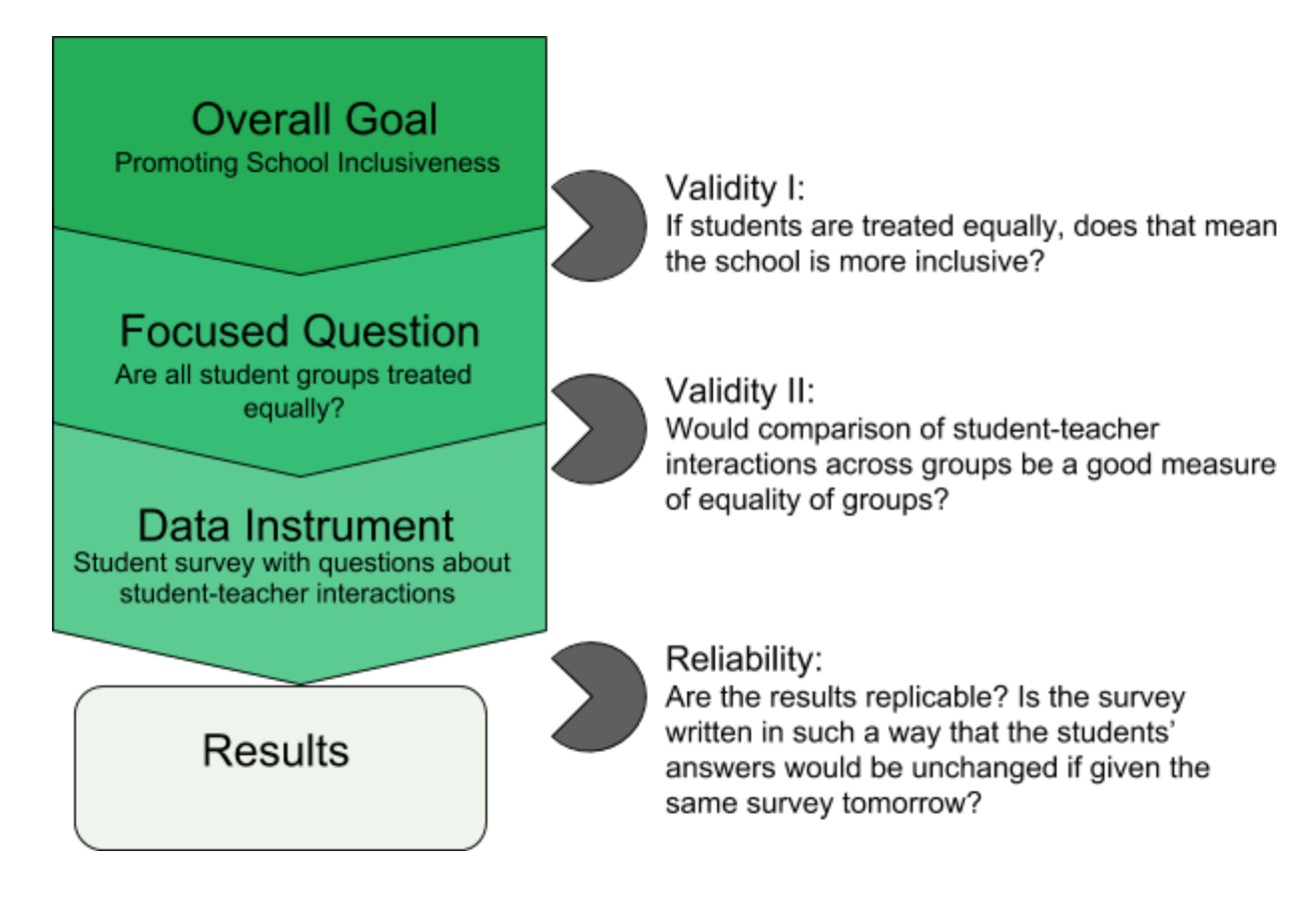
It includes constructs like concepts, ideas, theories, etc. Test-retest reliability is a measure of reliability obtained by administering the same test twice over a period of time to a group of individuals.Ĭonstruct validity seeks the implications between a theoretical concept and a specific measuring device. If the results cannot be replicated, the test is of little useĮxamples of different types of validity are:Įxamples of different types of reliability are:įace validity is when the tool appears to be measuring what it is supposed to measure with the content of test matching instructional objectives. If the results are not valid, the test is of no use at all Thus, usefulness of a test/experiments are negligible. When reliability/repeatability is poor, validity may also be poor. There can be reliability without validity.Įven if validity of an instrument is poor (for certain test), it can have high reliability (for other tests) There cannot be validity without reliability Reliability is comparatively easier and yields faster results. Validity has more analysis and is harder to achieve. Influencing factors for reliability are: test length, test score variability, heterogenicity, etc. Influencing factors for validity are: process, purpose, theory matters, logical implications, etc. Reliability mainly focuses on maintaining consistent result Reliability looks at repeatability/consistency It relates to the extent to which an experiment, test or any procedure gives the same result on repeated trials.Ĭan relate to question of ‘Does it measure what it is supposed to measure’?Ĭan relate to question, ‘How representative is the measurement’?Īnswers, ‘Is it the right instrument/test for what I need to measure?’Īnswers, ‘Can the results obtained be replicated if the test is repeated?’ It relates to the correct applicability of the instrument/test/procedure in a needed situation It refers to the reproducibility of the results when repeated measurements are done

It refers to the ability of the instrument/test to measure what it is supposed to measure


Reliability refers to the degree to which assessment tool produces consistent results, when repeated measurements are made. Validity implies the extent to which the research instrument measures, what it is intended to measure. Here you have all the major differences between Validity and Reliability and what it actually means: VALIDITY


 0 kommentar(er)
0 kommentar(er)
